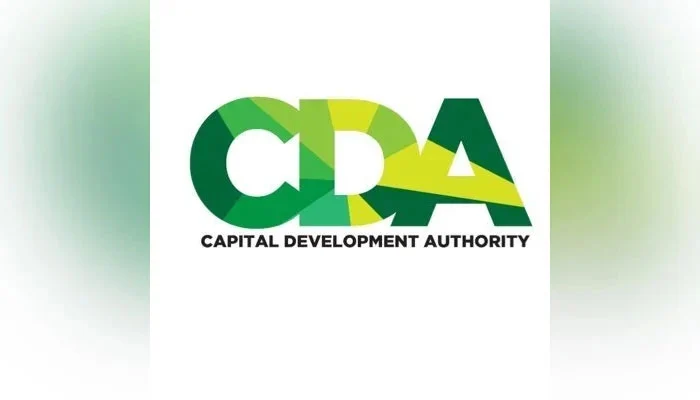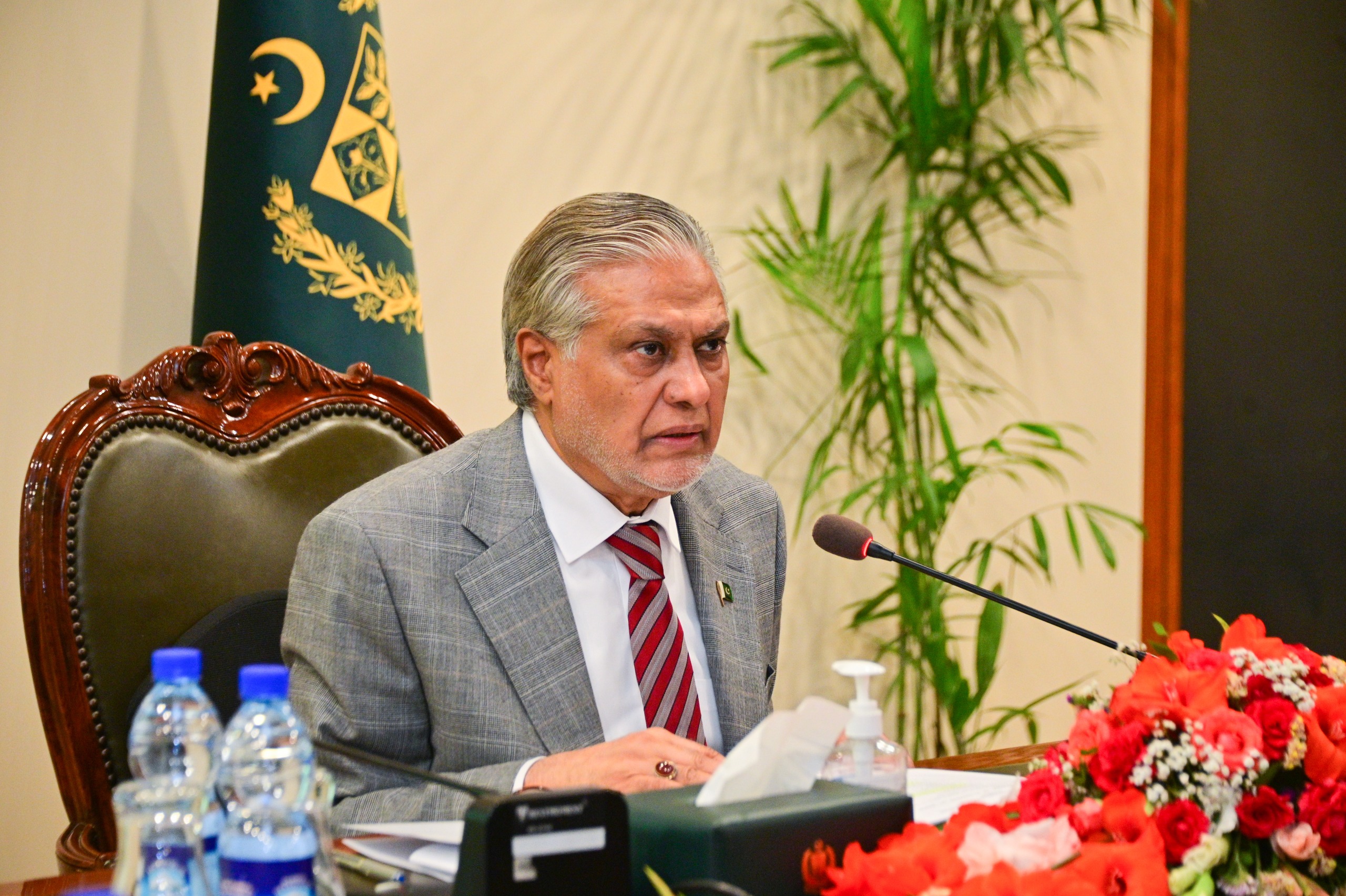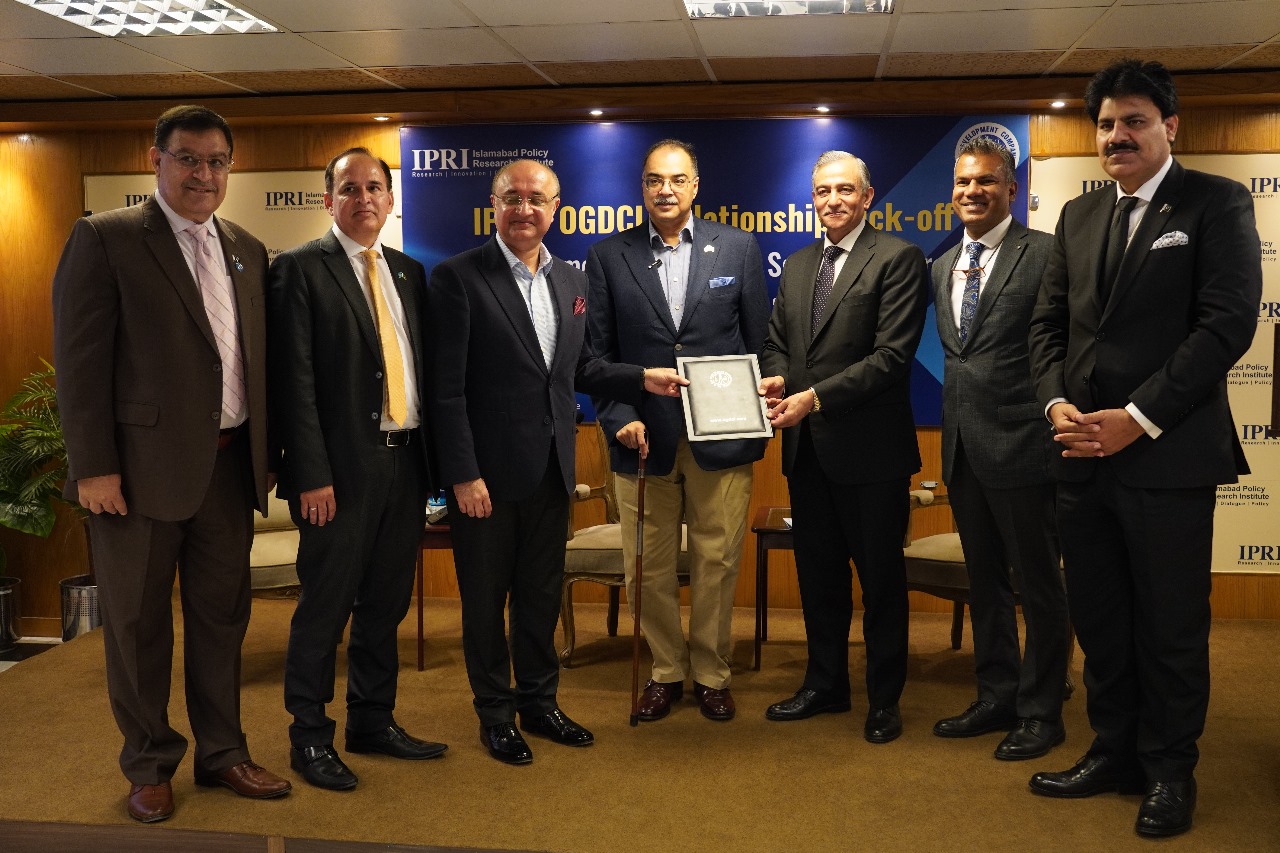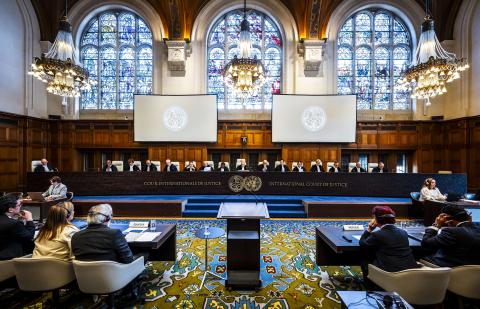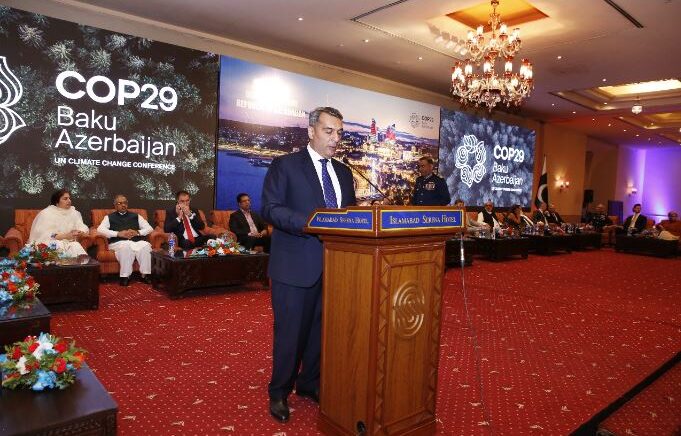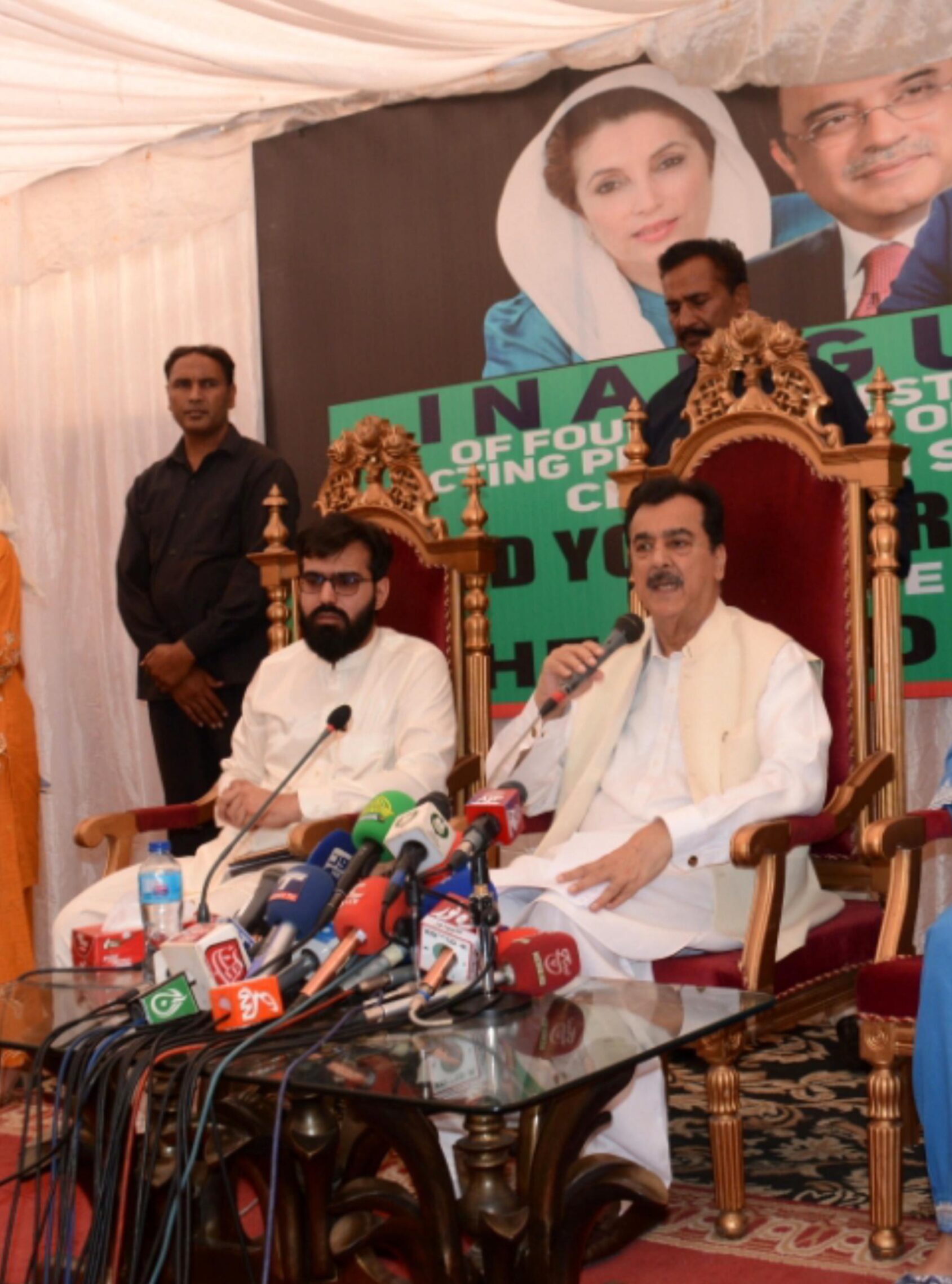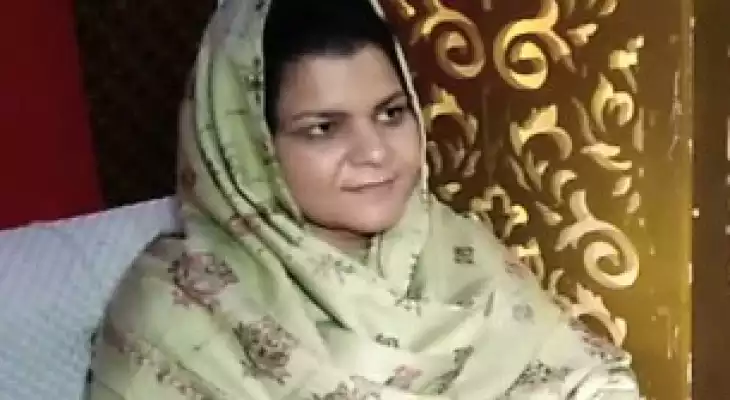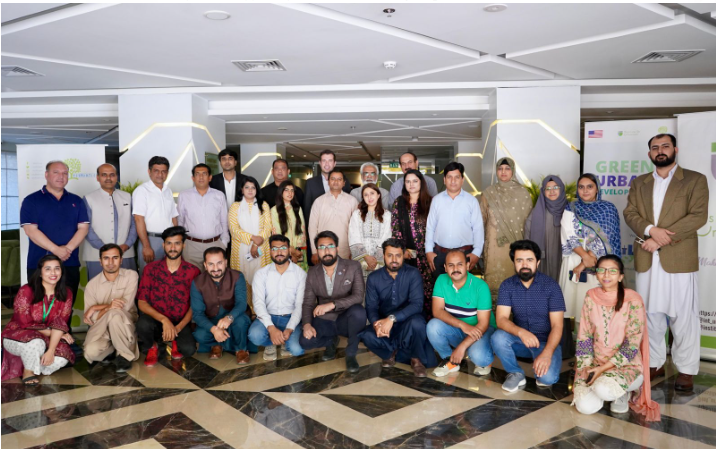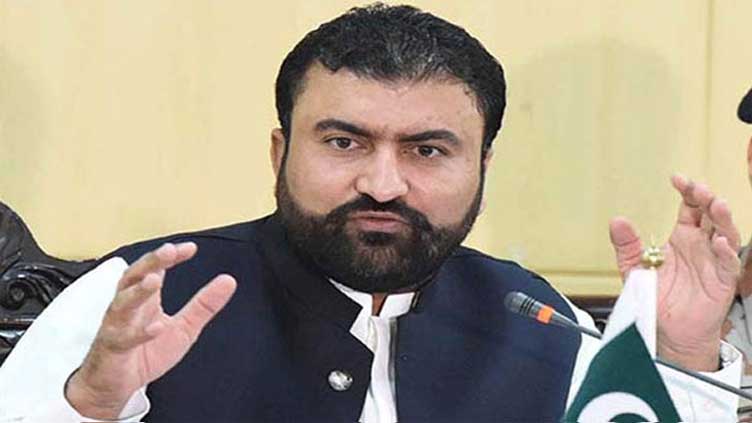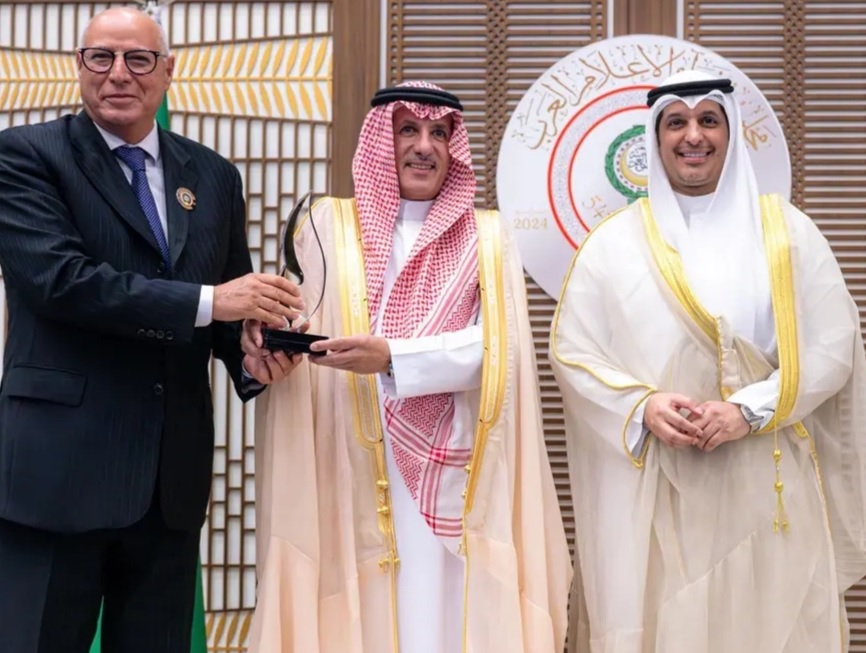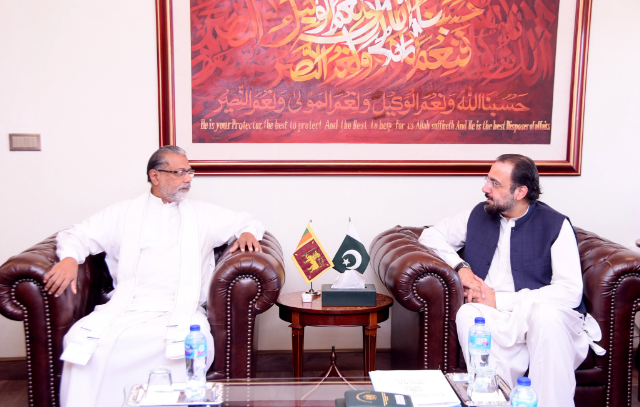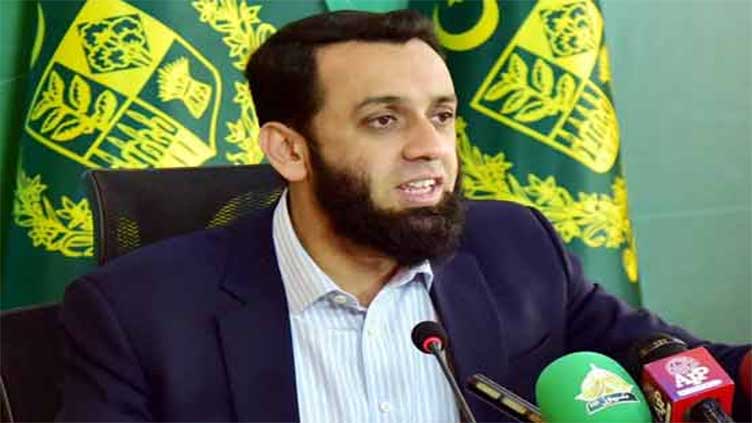ISLAMABAD, May 27 (APP): The Speakers at a two-day hackathon held to mull over water conservation in urban centers of the country urged that the capital’s dwindling water resources amid growing population demanded sustainable eco-friendly conservation initiatives for enhancing water accessibility.
A two-day Hackathon titled ‘Water-Wise Urban Future: Co-Creating Solutions for Water Conservation in Cities of Pakistan’ was jointly organized by the School of Leadership Foundation (SoLF) the Institute of Urbanism (IoU), with support of the U.S. Embassy Islamabad from 25 to 26 May 2024.
During the hackathon, representatives from the government, media, academia, civil society and youth discussed ways to promote water conservation in cities.
The speakers at the forum highlighted that various solutions, including rainwater harvesting, underground recharge and storage wells, constructed wetlands, and wastewater treatment plants that have been implemented in different urban areas of the country.
However, for these initiatives to effectively address water challenges in cities, there is a need for up-scale such solutions through collaborative efforts involving public, private, and community stakeholders. Efforts should also be targeted towards increasing the adoption of conservation practices by the city dwellers and communities.
Public Diplomacy Officer, U.S. Embassy Islamabad, Kelly Ryan highlighting the importance of water conservation said, “when we talk about conserving water, it is more than just limiting water usage. In fact, it also encompasses treating wastewater, improving urban permeability, and protecting the existing water resources.”
Managing Director of the School of Leadership Foundation (SoLF), Mariyam Irfan emphasized the critical role of collaborative efforts in scaling effective water conservation solutions. She highlighted the importance of integrating community participation with public and private sector initiatives to achieve sustainable urban water management.
“Through our joint efforts, we aim to promote a water-wise future, empowering communities to adopt innovative conservation practices and contribute to the resilience of our cities,” she stated.
Senior Program Fellow at IoU, Dr. Ejaz Ahmad emphasized the importance of grassroots environmental education for sustainable water consumption in communities. He pointed to the success of project-based teaching at the Green Urban Development School, a collaboration between IoU, SoLF, and the U.S. Embassy, in engaging youth to introduce water-wise solutions in cities.
Director General Water Management, CDA, Sardar Khan Zimri said, “if rainwater harvesting systems and underground recharge wells are implemented at household level in Islamabad, we can not only conserve water but also reduce the risk of urban flooding by 25 to 40% in Islamabad.”
The 2-day Hackathon served as a catalyst for fostering collaboration for climate-smart interventions that promote water conservation in cities. It also underscored the critical role of youth-led initiatives in promoting sustainable solutions and highlighted the urgent need for comprehensive policies and coordinated efforts across sectors.

